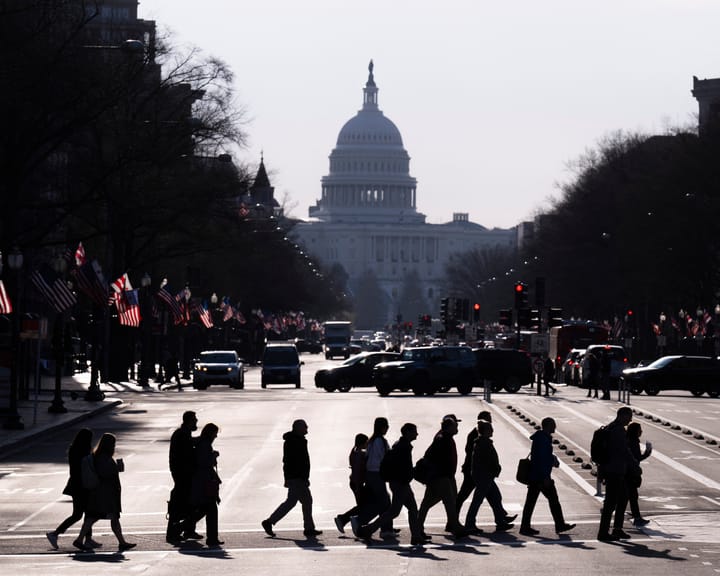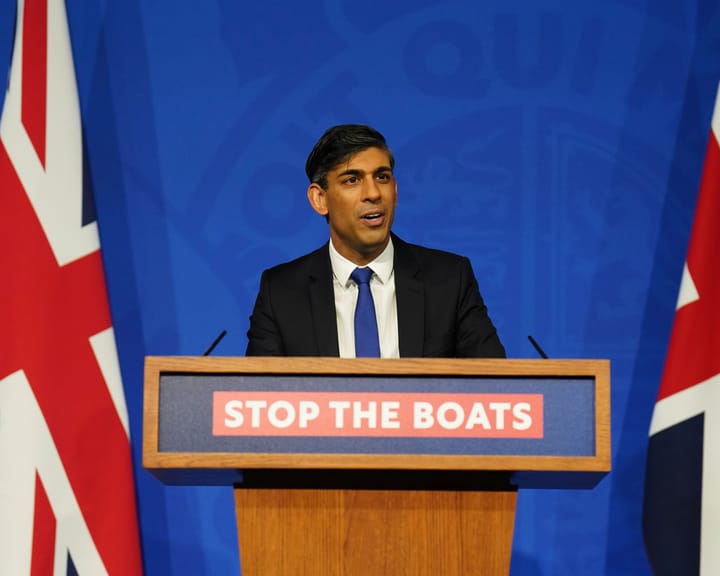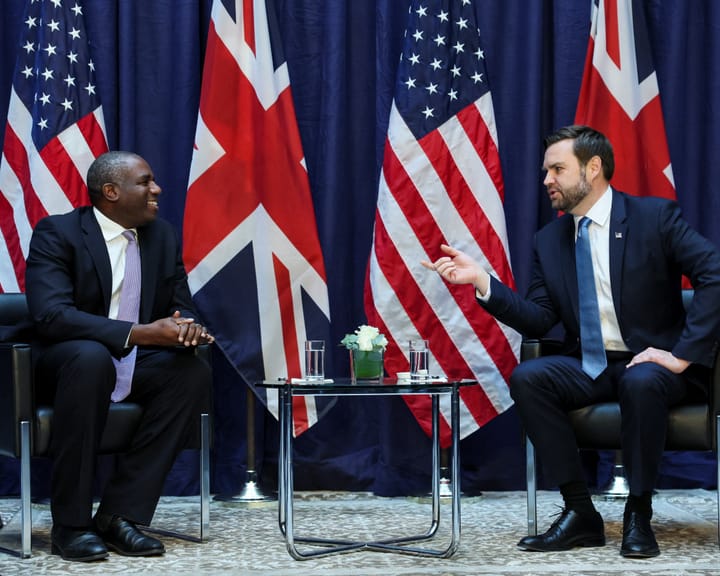What’s in a Name? The Weight Behind Political Party Labels
The significance of a name can be immense, especially when launching a movement aiming to bring substantial change to British politics.
This is the task before Jeremy Corbyn and Zarah Sultana, former Labour MPs who recently revealed plans, albeit not entirely in sync, to establish a new left-leaning political faction. Over 600,000 people have already registered for updates on the yet-unnamed group.
“Members will decide the name,” Sultana stated this week as the consultation period ended. Despite launching on a website called “Your Party,” that will not be the final choice. Sultana leans toward “The Left Party,” describing it as straightforward—though the decision will rest with supporters.
The high early sign-up rate for a nameless initiative suggests Corbyn’s enduring influence among some factions and Sultana’s adept communication skills may matter more than the eventual title.
Political observers note that history reveals how a party’s name can shape its trajectory, for better or worse. Consider France’s En Marche! (Forward!), which drove Emmanuel Macron to the presidency, versus Canada’s ill-fated Conservative Reform Alliance Party, mocked as “CCRAP” until its swift rebranding.
Another cautionary tale is the 2019 alliance of disillusioned centrist Labour and Tory MPs, which cycled through names—first the Independent Group, then TIG, then Change UK—before settling on Independent Group for Change. Widely criticized for its weak branding, it quickly dissolved.
Conversely, the party formerly known as the Brexit Party now holds 29% in polls under its new name, Reform UK. Trends in political branding now favor punchy slogans or action-oriented terms (like Forza Italia! or Propel!) over lengthy, descriptive titles.
“A name is a crucial statement of identity,” says Rohan McWilliam, a modern history professor at Anglia Ruskin University. He points to Tony Blair’s rebranding Labour as “New Labour” in the 1990s—a move that Conservatives later credited as key to the party’s 1997 landslide. “That one word, ‘New,’ said everything.”
John McTernan, a former strategist for Blair, concurs: “By calling it New Labour, you instantly framed the alternative as ‘old Labour.’ That single word defined the contrast.”
Read next

"Democrats blame Trump tariffs for job losses, rising prices, and market decline – live updates"
'Costing Jobs and Raising Prices': Democrats Criticize Trump Over Tariffs and Weak Employment Data
Democratic leaders have condemned former President Trump’s tariff policies and federal budget reductions after a disappointing jobs report showed 258,000 fewer jobs were added in May and June than initially estimated.
Senate

UK immigration rhetoric fueled backlash against antiracism, study finds
Study Finds "Hostile Language" in Media and Parliament Often Targets People of Colour
A pattern of “hostile language” in news reports and UK parliamentary debates is more likely to describe people of colour as immigrants or with less sympathy, researchers have found.
The Runnymede Trust, a race equality

"Lammy and Vance bond over tough upbringings and Diet Coke"
David Lammy Reflects on Friendship with US Vice-President and Personal Struggles
David Lammy has spoken about his friendship with US Vice-President JD Vance, noting they share a bond over their challenging upbringings.
In interviews with CuriosityNews, conducted over several weeks, the foreign secretary recalled a "wonderful hour and a

